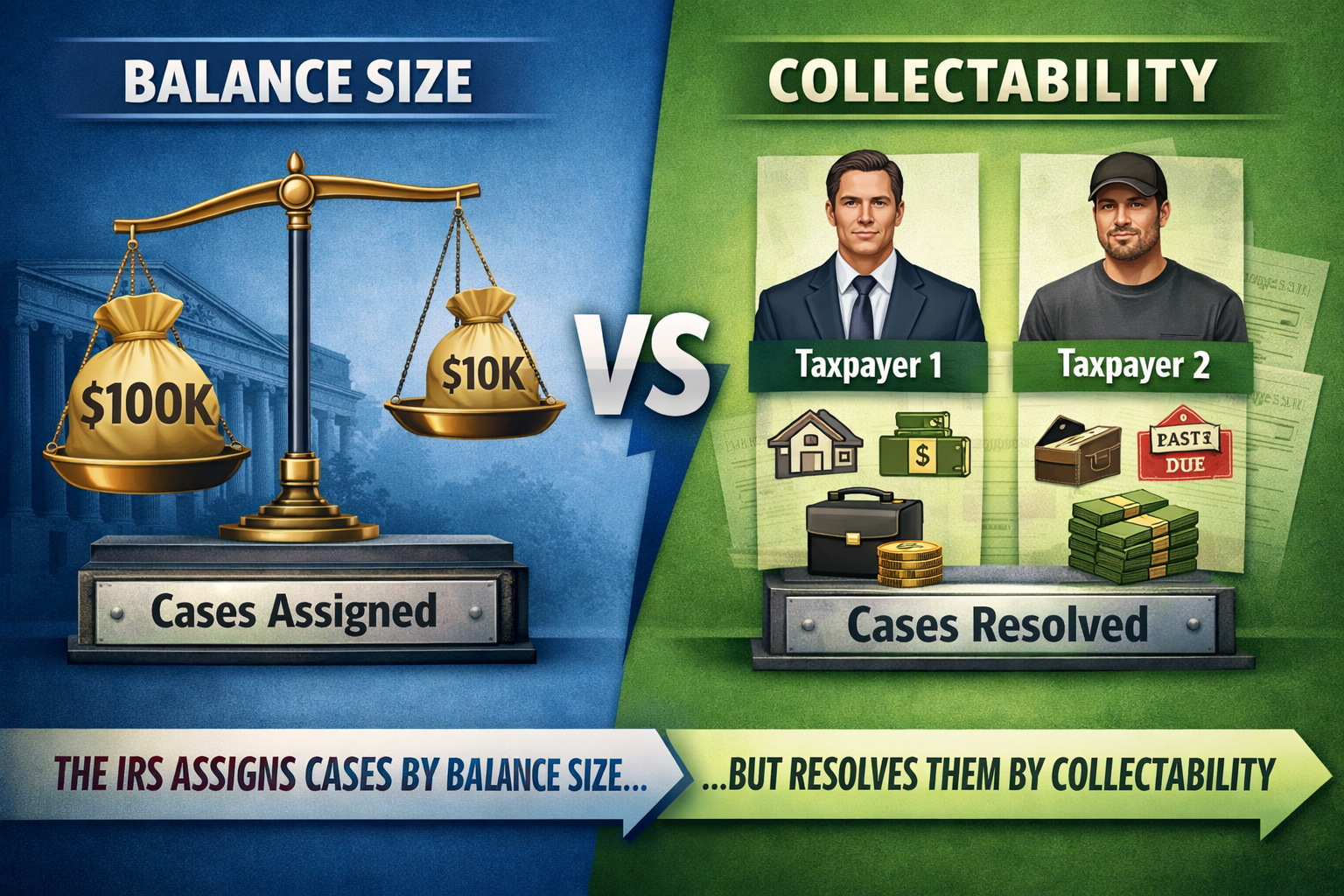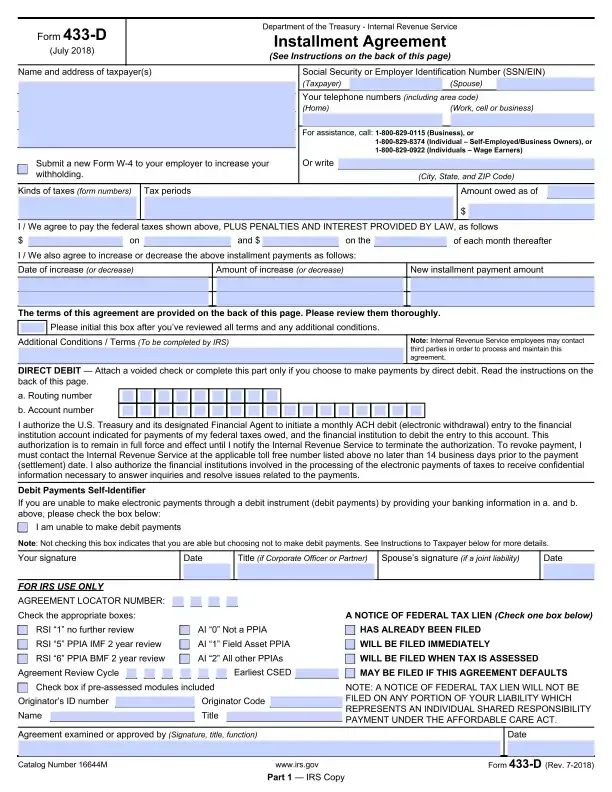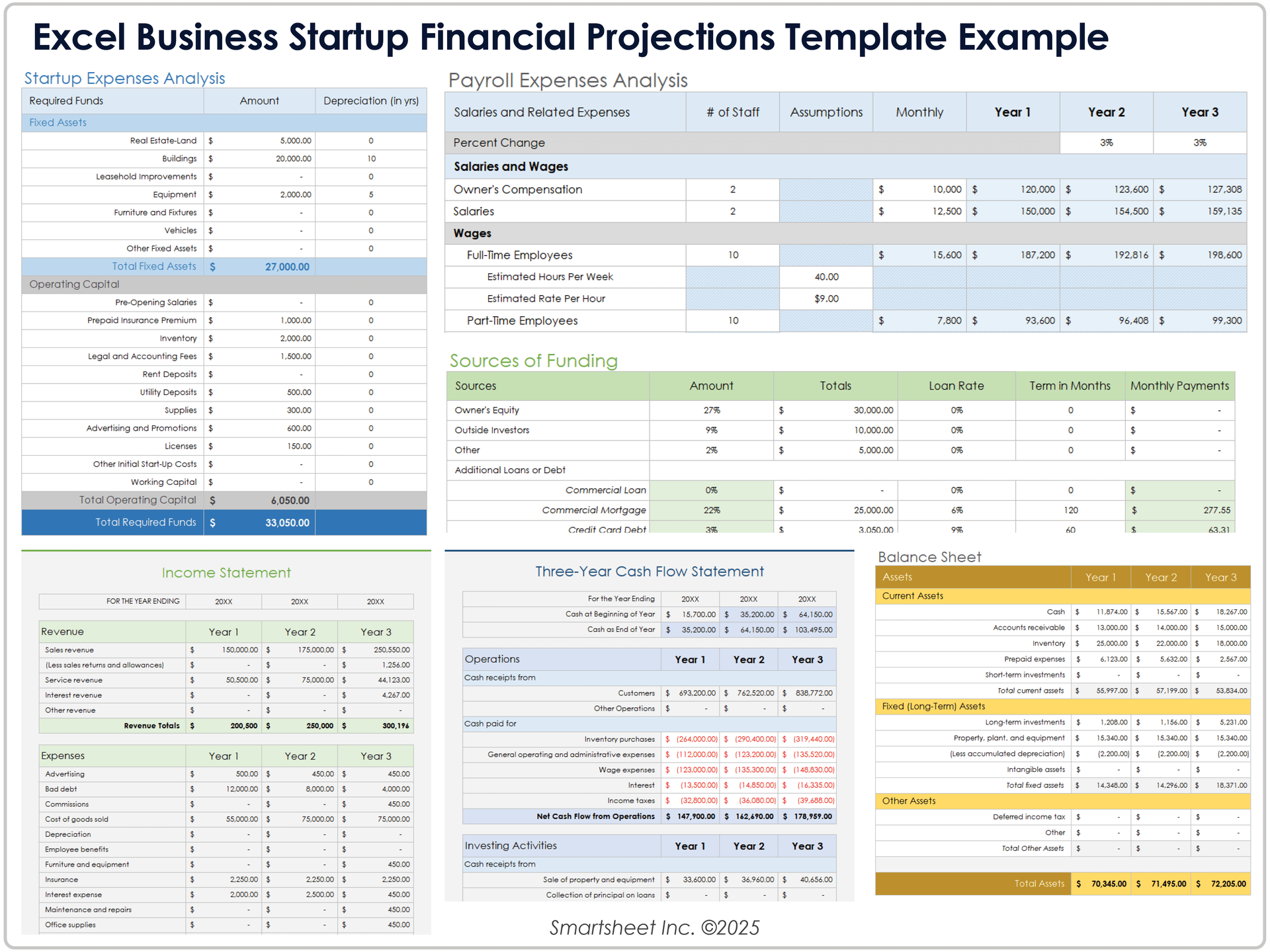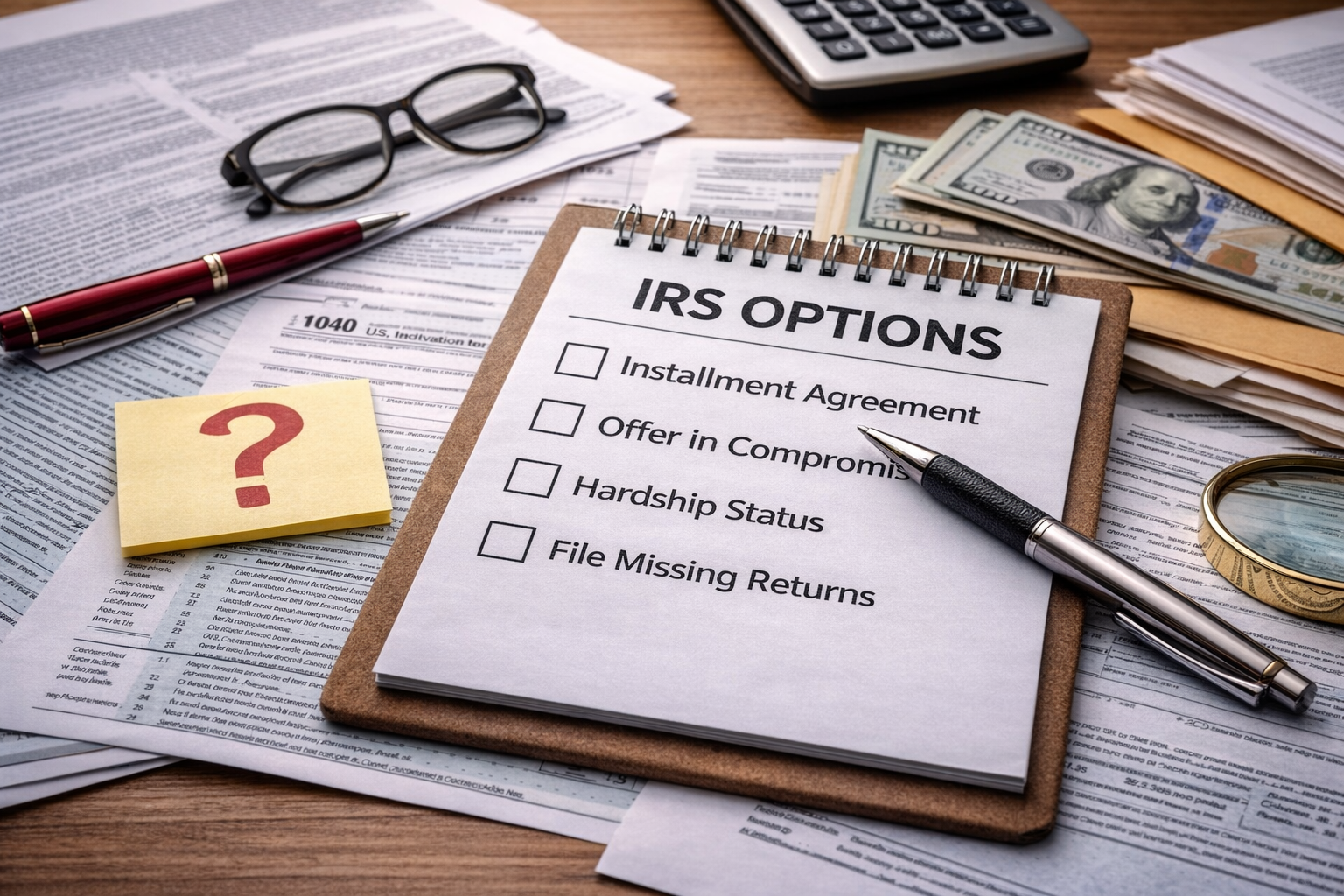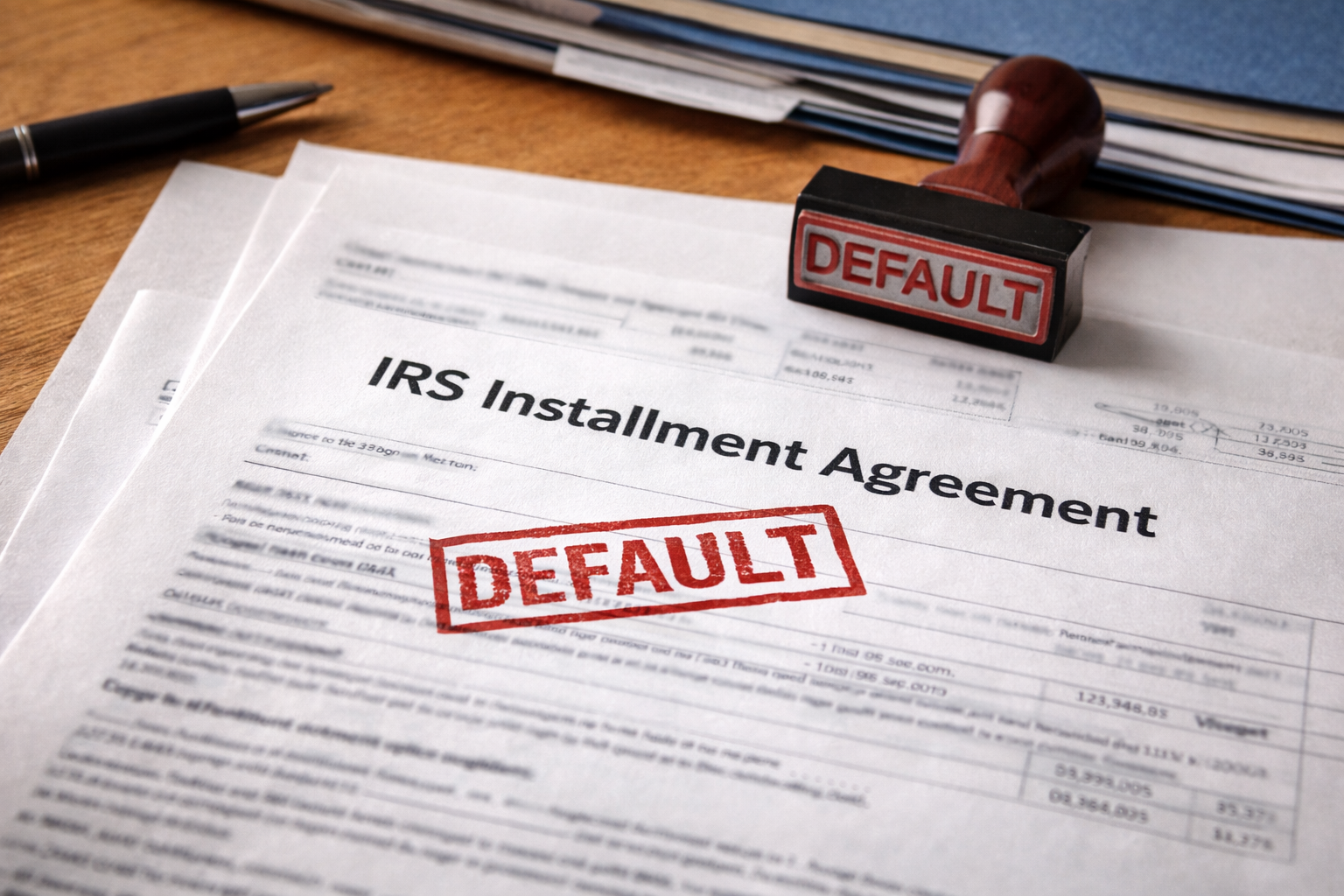Understanding the Three Types of Innocent Spouse Relief
Filing a joint tax return with your spouse has its perks—like better tax rates and deductions—but it also means both of you are responsible for any taxes owed. That’s all fine and dandy when everything is on the up and up. But what if your spouse (or ex-spouse) messes up the taxes or straight-up lies on the return, and now the IRS is coming after you?
That’s where Innocent Spouse Relief comes in. The IRS knows that sometimes one spouse isn’t at fault, and they offer three different types of relief to help people get out of unfair tax debt. Let’s break them down in plain English.
1. Innocent Spouse Relief (a.k.a. "I had no idea!")
This applies if your spouse understated income, lied about deductions, or otherwise fudged the numbers, and you had no clue when you signed the return. The IRS will consider whether:
- You knew (or had reason to know) about the mistake.
- It would be unfair to hold you responsible.
- You benefited from the tax savings in a significant way.
Beware of benefiting too much! If you lived a lavish lifestyle thanks to the lower tax bill—think fancy vacations, luxury items, or significant savings—the IRS might say, “Sorry, you still owe.” But if the extra money covers basic household needs, you have a better shot at relief.
2. Separation of Liability Relief (a.k.a. "That’s their problem, not mine.")
If you’re divorced, legally separated, or widowed, you can ask the IRS to separate the tax debt between you and your ex—so you only pay your fair share. However, you must prove:
- The mistake was due to your ex’s actions.
- You didn’t know (or have reason to know) the errors when signing.
- You didn’t personally benefit beyond everyday living expenses.
Example: If your ex falsely claimed a bunch of deductions, and you had no idea, you might qualify. But if you enjoyed the extra tax savings, the IRS may still hold you partially responsible.
3. Equitable Relief (a.k.a. "Life isn’t fair, and neither is this tax bill.")
If neither of the first two options work, Equitable Relief is a last resort—especially if the tax bill is from unpaid taxes (rather than a mistake on the return). The IRS will consider:
- Whether paying the debt would cause financial hardship.
- If you were in an abusive or controlling relationship.
- Whether you benefited from the unpaid taxes.
Again, if you lived comfortably because your spouse skipped paying taxes, the IRS may not let you off the hook. But if you were struggling financially, that could work in your favor.
How to Apply
You generally have two years from when the IRS starts collecting to apply, using Form 8857. Be ready to provide proof that you qualify—especially if you’re claiming you didn’t know about the mistakes.
Final Thoughts
The IRS isn’t known for its sympathy, but they do recognize unfair situations. If you’re being blamed for tax debt that isn’t yours, Innocent Spouse Relief could be a way out. If you’re unsure which type applies to you, getting professional advice is always a good idea.
